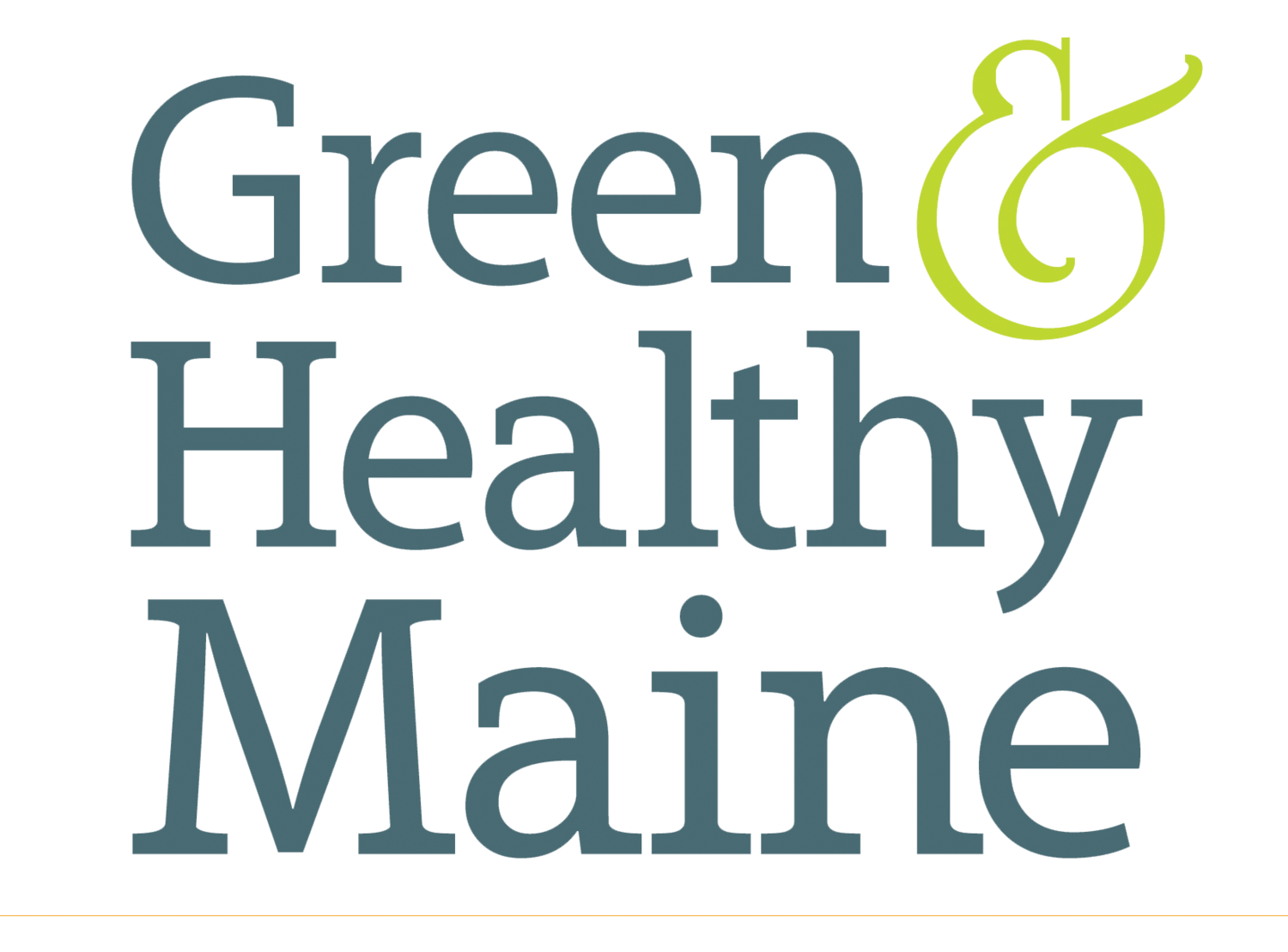Easy tips for nontoxic living
Eliminate harmful chemicals for a healthier home.
SEVERAL RECENT STUDIES have shown that toxic chemicals are building up in our bodies, environment, and wildlife. Some have been linked to serious health problems like learning disabilities, immune dysfunction, hormone imbalances, reproductive problems, and cancer. They can come from surprising sources—televisions, furniture, and other common household items, even toys. These chemicals escape from the products they’re added to and wind up in our air, water, and food. Here are some tips and great reminders for all of us on how we can reduce our exposure to harmful chemicals in our everyday lives.
Taste organic
Organic meats, produce, and dairy can reduce your family’s exposure to pesticides, harmful hormones, and pollutants. Find organic foods at a local farmer’s market or by joining a Community Supported Agriculture (CSA) and enjoy fresh, organic food for your family all year!~
Watch the fish
Some fish—swordfish, farmed salmon, and others—may contain high levels of mercury and other toxic chemicals. Eating fish lower on the food chain reduces your exposure. In addition, fish populations in the Gulf of Maine and elsewhere have been effected by overfishing. Find responsibly harvested local species that have the Gulf of Maine Responsibly Harvested® label.
Cooking well done
Studies show that Teflon nonstick cookware from 2013 or earlier may contain PFOA (perfluorooctanoic acid), which when heated, breaks down into toxic gases and particles, include cancer-causing perfluourinated compounds. A seasoned cast-iron skillet, or an oiled stainless or enameled steel pan, provides a non-stick surface without the health risk. Because the U.S. banned PFOA in 2014, new American-made nonstick cookware made after that date should be safe. (Likewise, Europe banned PFOA in 2008.)
Microwave safe
When certain plastic food containers are microwaved, toxic hormone-disrupting chemicals can leach into your food. To be 100% safe, heat your food in glass or ceramics instead. If you’re using plastic, make sure to use containers that are listed as safe for microwave use.
Green lawns, healthy gardens
Avoiding pesticides and chemical fertilizers and switching to organic lawn care products help protect local water sources and your loved ones. An electric or human-powered mower will cut down on toxic air pollutants. To learn more about how you can grow a lush green lawn without unnecessary pesticides and fertilizers, check out Cumberland County Soil & Water Conservation District’s YardScaping program.
Clean housekeeping
Industrial chemicals in traditional cleaning products can cause numbness, lung irritations, burns, and other health problems. Use natural products whenever possible and consider making your own cleaning products from everyday ingredients like lemon juice, vinegar, salt, and baking soda. Ask any cleaning service you hire about their formulas as well.
Better beauty
Many cosmetic and personal care products contain an array of untested and toxic chemicals. See what’s in the products you use and find safer alternatives for yourself and your family through EWG’s Skin Deep verification.
Clean clothes without consequences
Dry cleaning chemicals contain carcinogenic compounds that invade the air and leach from fabric into the air and onto skin. “Wet-cleaning” is a non-toxic alternative. Natural fibers and green detergents are also better for the environment. Washing new clothes before wearing them helps remove toxic chemicals and preservatives such as formaldehyde.
Baby that bottle
Hard-plastic polycarbonate reusable water bottles, including older style Nalgene and even baby bottles, leach toxic bisphenol-A (BPA), especially when scratched or holding acidic drinks like orange juice. Even many plastics marked “BPA-free” have been shown to leach chemicals that are as problematic or more so than BPA. A 2014 study by the National Institute for Health found that almost all plastics tested leached synthetic estrogens and that some of these BPA-free products released chemicals that were even more potent than BPA. Use water and baby bottles made from non-reactive materials, such as stainless steel or glass, to keep you and your baby safe.
Adapted from “Toxic-free Tips” by the Natural Resources Council of Maine.
Happy, healthy, sustainable. Subscribe to Green & Healthy Maine magazine!
Green & Healthy Maine is published by TheSunriseGuide, LLC. This article originally ran in the 2016 SunriseGuide.






